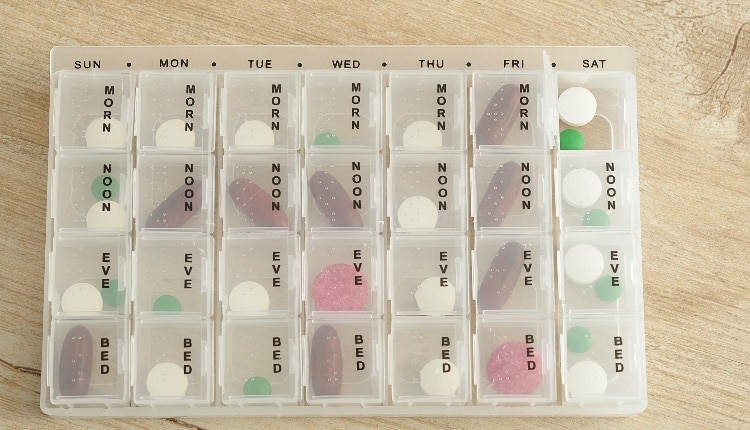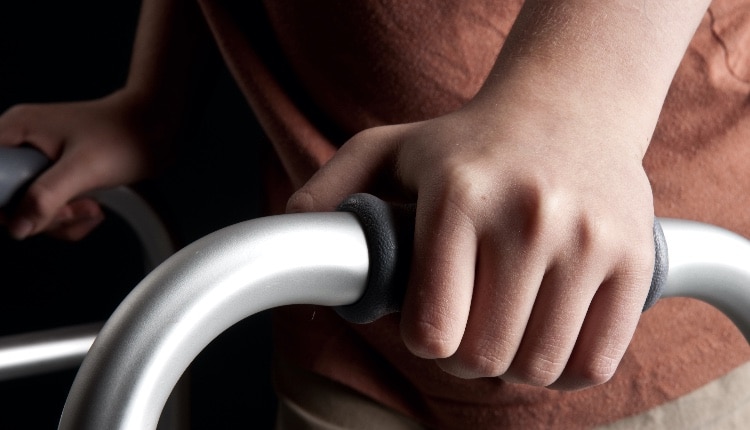Caring for Adults With Cerebral Palsy
Cerebral palsy (CP) is a disorder caused by encephalic damage that occurs during fetal development or infancy; it impairs motor coordination, cognitive function, sensation, perception, and communication abilities.







